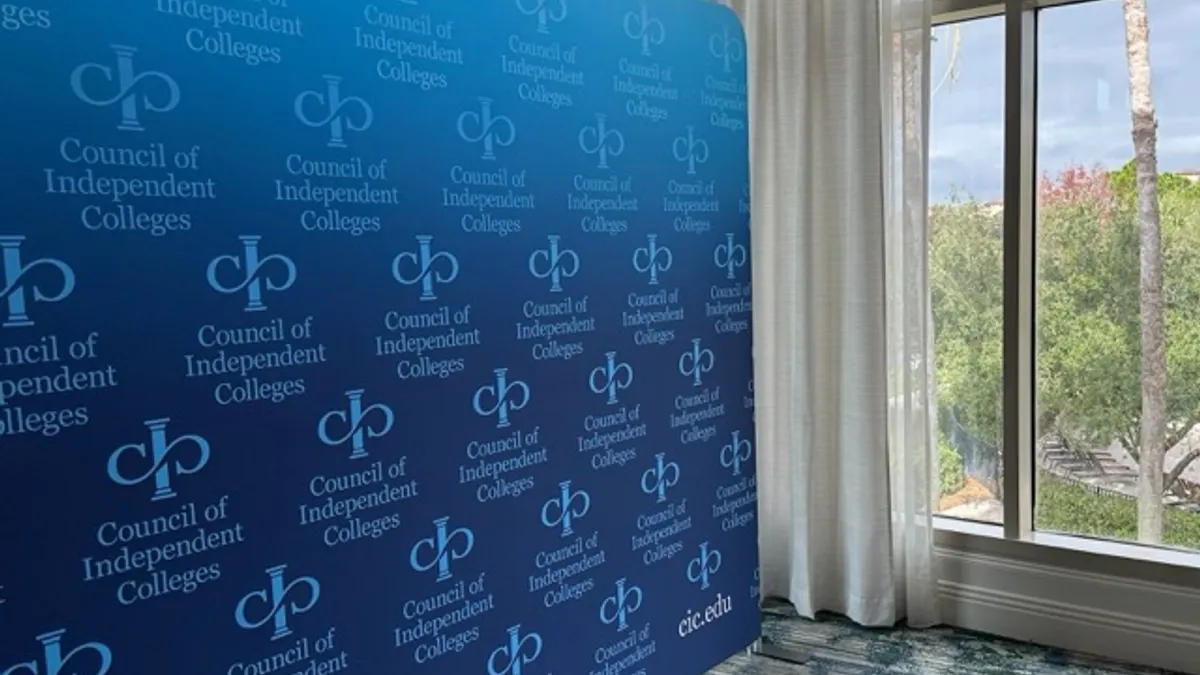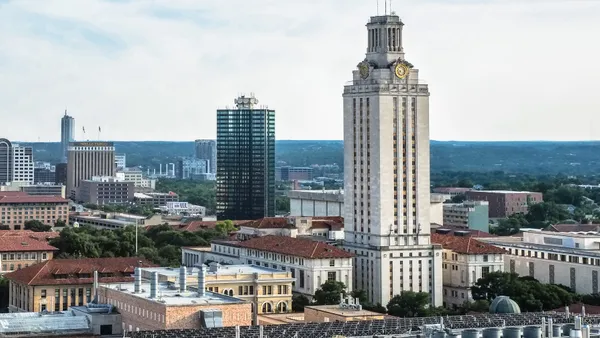Dive Brief:
- Despite remarkable advances in medicine, and vibrant pharmaceutical and biotechnology sectors, the U.S. biomedical science system has significant flaws that threaten its future, according to a new study.
- The flaws include extreme competition for finite research funding, as the longstanding assumption that the biomedical research system would continue to expand at a rapid pace has been proven false.
- Even the most successful and most promising scientists in the field are pessimistic about the future of their careers.
Dive Insight:
One problem is that the biomed pipeline is filled with way more graduate students and post-doctorate fellows than there are jobs available for them, according to the study, “Rescuing US biomedical research from its systemic flaws,” published by the Proceedings of the National Academy of Sciences. The competition for funding and positions decreases the creativity, cooperation, and risk-taking needed for making advances, the paper says. Among the prescriptions: Add five-year projections to federal budgets for research funding, to create more predictability and stability for planning; reduce the number of doctorate students; and have funding agencies make changes to how they evaluate research candidates and their proposals.













